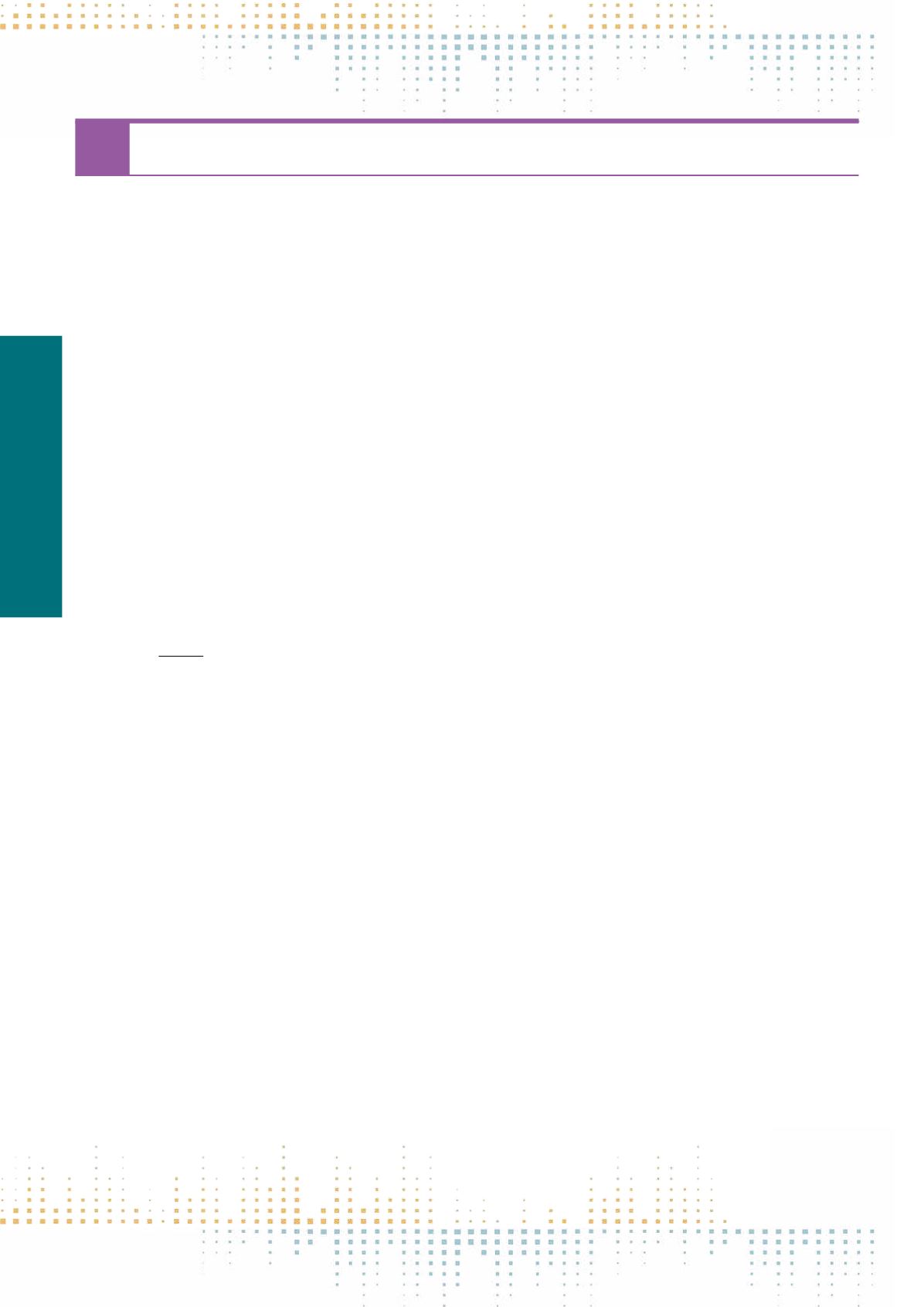

614
Thursday, November 10
1 1 : 0 0 – 1 2 : 3 0
CYM02
Towards a Rights-Based Self-Regulatory Framework: Assessing the Responsibility of Social Media Companies Against Bullying
and Privacy Violations
S. Livingstone
1
1
London School of Economics and Political Science, London, United Kingdom
Social media companies play an important role in child protection and empowerment, yet how the companies’ policies ensure children’s rights is a sig‑
nificantly less understood issue (Livingstone & Bulger, 2013). By focusing on the mechanisms that these companies have in place to address bullying and
regulate commercial data collection from children, this panel examines the effectiveness of industry self-regulation, compares available policy mechanisms
in the European Union against the United States, and proposes a rights-based framework for corporate social responsibility.The focus on bullying on the one
hand and privacy in commercial context on the other, allows for comparison between two areas that have different degrees of legislative involvement. In
the European Union but also in the United States, there are no legally prescribed, obligatory minimum standards regarding the mechanisms that every
social media company needs to develop to address bullying. While these minimum standards emerge nonetheless through the process of self-regulation
they are merely advisory, not mandatory. Nor are there minimum legally prescribed standards of effectiveness that these mechanisms need to meet. Inde‑
pendent evaluations tend to be rare and are not conducted continuously and never from children’s perspective, leaving it difficult for caregivers, educators
and regulators to know if the self-regulatory system is indeed working for children. However, unlike cyberbullying, for which self-regulation is the preferred
framework, the companies’ responsibility for complying with obligations related to the processing of personal data generally falls under traditional regu‑
latory mechanisms: The European Data Protection Directive in the EU and Children’s Online Privacy Protection Act (COPPA) in the United States. This issue is
acquiring a new and yet to be researched dimension with a growing development of wearable technologies and the internet of things. This panel examines
the effectiveness of the European Commission’s proposed changes in the draft General Data Protection Regulation in respect to establishing the minimum
age for children’s access to social networks and compares them to measures provided by COPPA. Whereas social media companies need to abide by the laws
in the countries where they operate, they generally rely on their private policies to specify the behavior that is not allowed on their platforms. In respect
to both bullying and commercial data collection, the companies’official policies tend to be, to a degree at least, written on their websites, yet they do not
always reflect the more nuanced operations that take place within these corporations. Children tend not to read the policies and they are typically written in
a language that is not easy for them to understand. Based on its members’research and with a rights-based framework in mind, this panel provides a rare
insight into the effectiveness of platforms’efforts to both protect and empower children.
PN 073
Corporate Social Responsibility for Social Network Site Providers: Advancing Children’s Rights by Creating and Implementing
a Corporate Social Agenda
E. Lievens
1
1
University of Ghent, Ghent, Belgium
This contribution considers how evolving insights into Corporate Social Responsibility (CSR) and its interplay with human rights can provide a framework
for devising strategies that benefit both social network site providers and children and young people in their daily engagement with these networks. Back
in 1953, Howard Bowen (1953, p. 6) defined ‘the social responsibilities of the businessman’as “the obligations of businessmen to pursue those policies, to
make those decisions, or to follow those lines of action which are desirable in terms of the objectives and values of our society”. More than half a century
later, in 2011, the European Commission adopted “A renewed EU strategy 2011–14 for Corporate Social Responsibility”. In this strategy is it emphasised
that human rights are an increasingly significant element in CSR and that companies should implement “a process to integrate social, environmental,
ethical, human rights and consumer concerns into their business operations and core strategy in close collaboration with their stakeholders, with the aim
of: maximising the creation of shared value for their owners/shareholders and for their other stakeholders and society at large; and identifying, preventing
and mitigating their possible adverse impacts”(European Commission, 2011c, p. 6). More specifically, the 2013 UN“Children’s rights and business principles”
require businesses not only to prevent harm but also to take steps to safeguard children’s interests, for instance by ensuring that products and services
are safe and aiming to support children’s rights through them. For social network site providers this could for instance entail the (further) development
of reporting mechanisms with a fast and supportive follow-up, the provision of clear and age-appropriate information in a transparent manner through
innovatively designed Terms of Use and privacy policies (Wauters, Lievens and Valcke, 2014) or the implementation of participatory strategies to involve
young users in the improvement and identification of elements that should be included in the CSR strategy. Against this background, this contribution will
analyse (1) traditional incentives for businesses to adopt corporate social agendas (such as moral obligations, sustainability, license to operate, reputation,
and shared value), (2) recent discourse concerning CSR at United Nations and European Union level and (3) current CSR practices in the ICT sector. This will
result in a proposal for the identification of key requirements of CSR strategies for social network site providers that are tailored to their specific features and
advance the rights of a significant proportion of their current and future users.



















